A new exhibit from the San Francisco Planning and Urban Research Association showcases the simple visualizations of complex ideas that have changed how we live.


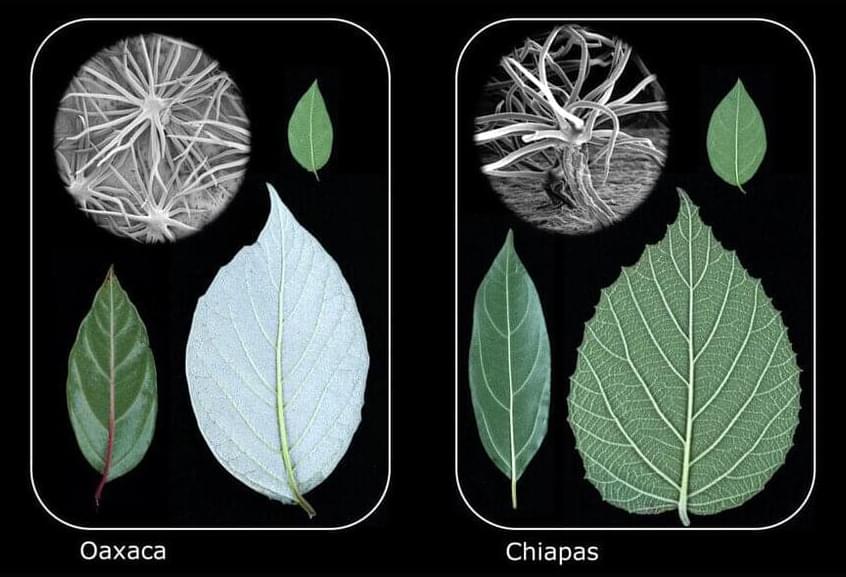
Evolution has long been viewed as a rather random process, with the traits of species shaped by chance mutations and environmental events—and therefore largely unpredictable.
But an international team of scientists led by researchers from Yale University and Columbia University has found that a particular plant lineage independently evolved three similar leaf types over and over again in mountainous regions scattered throughout the neotropics.
The findings provided the first examples in plants of a phenomenon known as “replicated radiation,” in which similar forms evolve repeatedly within different regions, suggesting that evolution is not always such a random process but can be predicted.
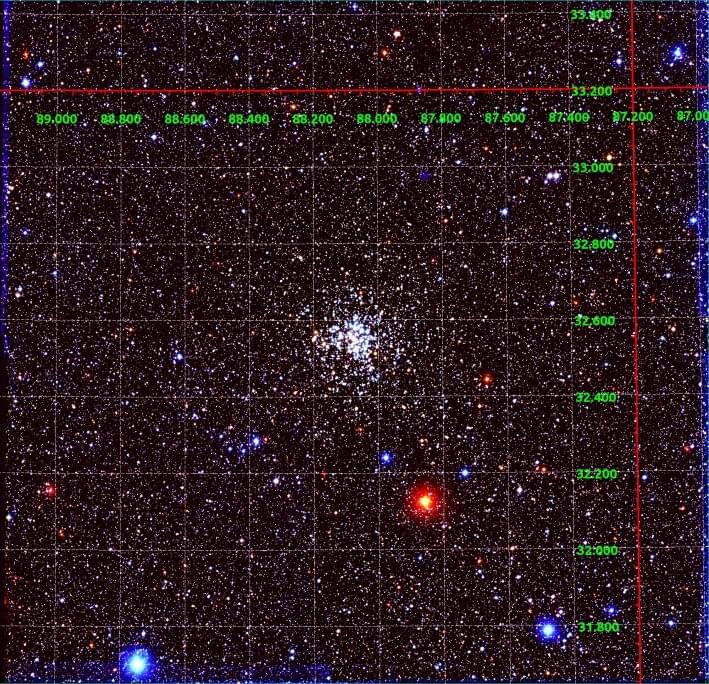
An international team of astronomers has conducted an astrometric and photometric wide-field study of the open cluster Messier 37. As a result, the researchers completed a comprehensive catalog of more than 200,000 sources in the field of Messier 37 and identified the hottest white dwarf candidate members of this cluster. The study was detailed in a paper published July 7 on arXiv.org.
Open clusters (OCs), formed from the same giant molecular cloud, are groups of stars loosely gravitationally bound to each other. So far, more than 1,000 of them have been discovered in the Milky Way, and scientists are still looking for more, hoping to find a variety of these stellar groupings. Studying OCs in detail could be crucial for improving our understanding of the formation and evolution of our galaxy.
Messier 37 (or M37, also known as NGC 2099) is the brightest and richest Galactic OC in the constellation Auriga, located at a distance of about 4,500 light years. The cluster has a radius of at least 10 light years and a total mass of some 1,500 solar masses. The age of Messier 37 is estimated to be between 400 and 550 million years, while its metallicity is at a level of 0.02–0.08.
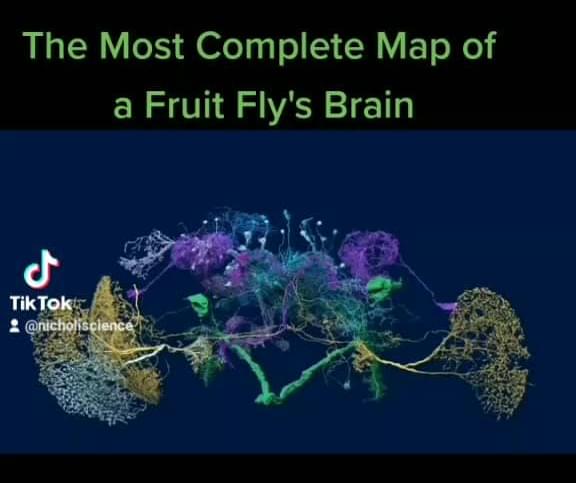

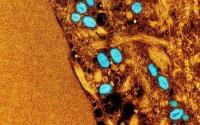
WHO Director-General Tedros Adhanom Ghebreyesus, PhD, said today that infections have been detected in 58 countries. Our World in Data lists 7,075 confirmed cases worldwide.
Testing is a challenge
“Testing remains a challenge, and it’s highly probable that there are a significant number of cases not being picked up,” he warned during a speech. “I plan to reconvene the Emergency Committee so they are updated on the current epidemiology and evolution of the outbreak, and implementation of counter measures.”

The architecture and evolution of planetary systems are shaped in part by stellar flybys. Within this context, we look at stellar encounters which are too weak to immediately destabilize a planetary system but are nevertheless strong enough to measurably perturb the system’s dynamical state. We estimate the strength of such perturbations on secularly evolving systems using a simple analytic model and confirm those estimates with direct N-body simulations. We then run long-term integrations and show that even small perturbations from stellar flybys can influence the stability of planetary systems over their lifetime. We find that small perturbations to the outer planets’ orbits are transferred between planets, increasing the likelihood that the inner planetary system will destabilize.
Evolution has developed very efficient molecular machines, for example for producing energy through rotation. Hendrik Dietz would like to harness these concepts to build his own molecular motors. His group has successfully demonstrated that they can encode and synthesize complex shapes using DNA origami, and have recently discovered how to reduce the cost for mass use and production. With his research, Dietz gets closer to his goal of revolutionizing nanotechnology with the capabilities of molecular motors, just like industry was revolutionized by electric and diesel motors.
. Can you remember playing with legos? Now imagine doing that with molecules. Prof. Hendrik Dietz, professor for experimental biophysics at TUM, runs a lab which does just that. Inspired by the rich functionalities of natural macromolecular assemblies such as enzymes, molecular motors, and viruses, the Dietz lab investigates how to build increasingly complex molecular structures. The goal is to build molecular devices and machines that can execute user-defined tasks. DNA origami in particular enables building nanodevices that can already be employed for making new discoveries in biomolecular physics and protein science. This talk was given at a TEDx event using the TED conference format but independently organized by a local community.
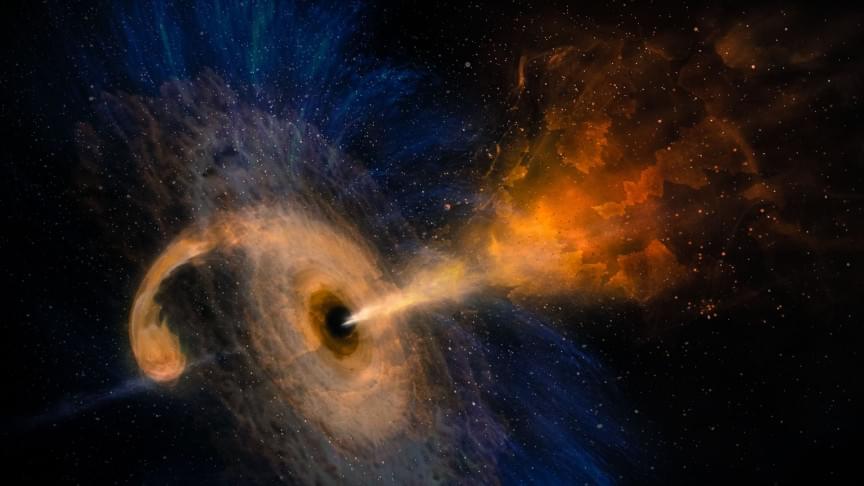
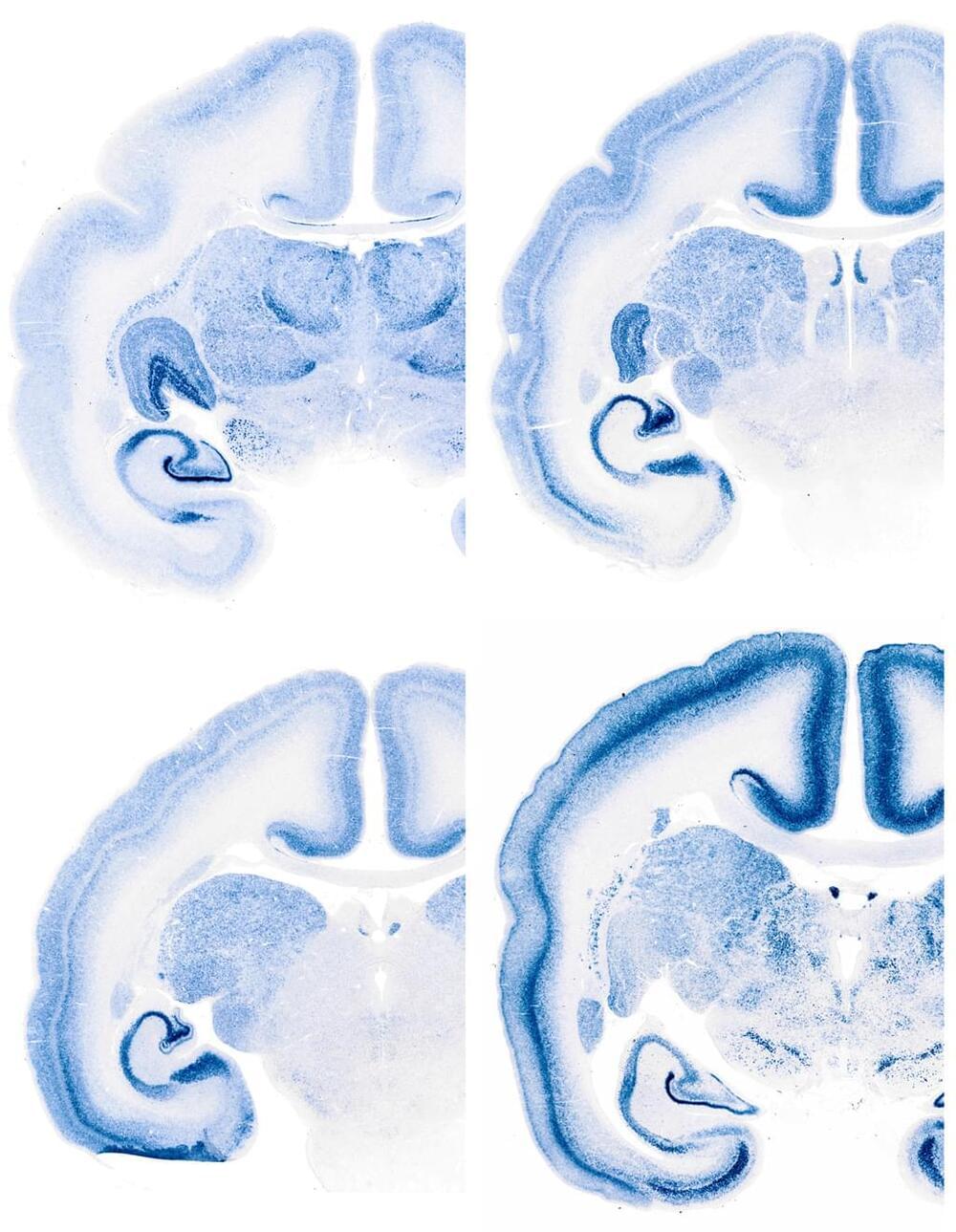
Dramatic expansion of the human cerebral cortex, over the course of evolution, accommodated new areas for specialized cognitive function, including language. Understanding the genetic mechanisms underlying these changes, however, remains a challenge to neuroscientists.
A team of researchers in Japan has now elucidated the mechanisms of cortical evolution. They used molecular techniques to compare the gene expression patterns in mouse and monkey brains.
Using the technique called in situ hybridization to visualize the distribution of mRNA transcripts, Okano, Shimogori and their colleagues examined the expression patterns of genes that are known to regulate development of the mouse brain. They compared these patterns to those of the same genes in the brain of the common marmoset. They found that most of the genes had similar expression patterns in mice and marmosets, but that some had strikingly different patterns between the two species. Notably, some areas of the visual and prefrontal cortices showed expression patterns that were unique to marmosets.